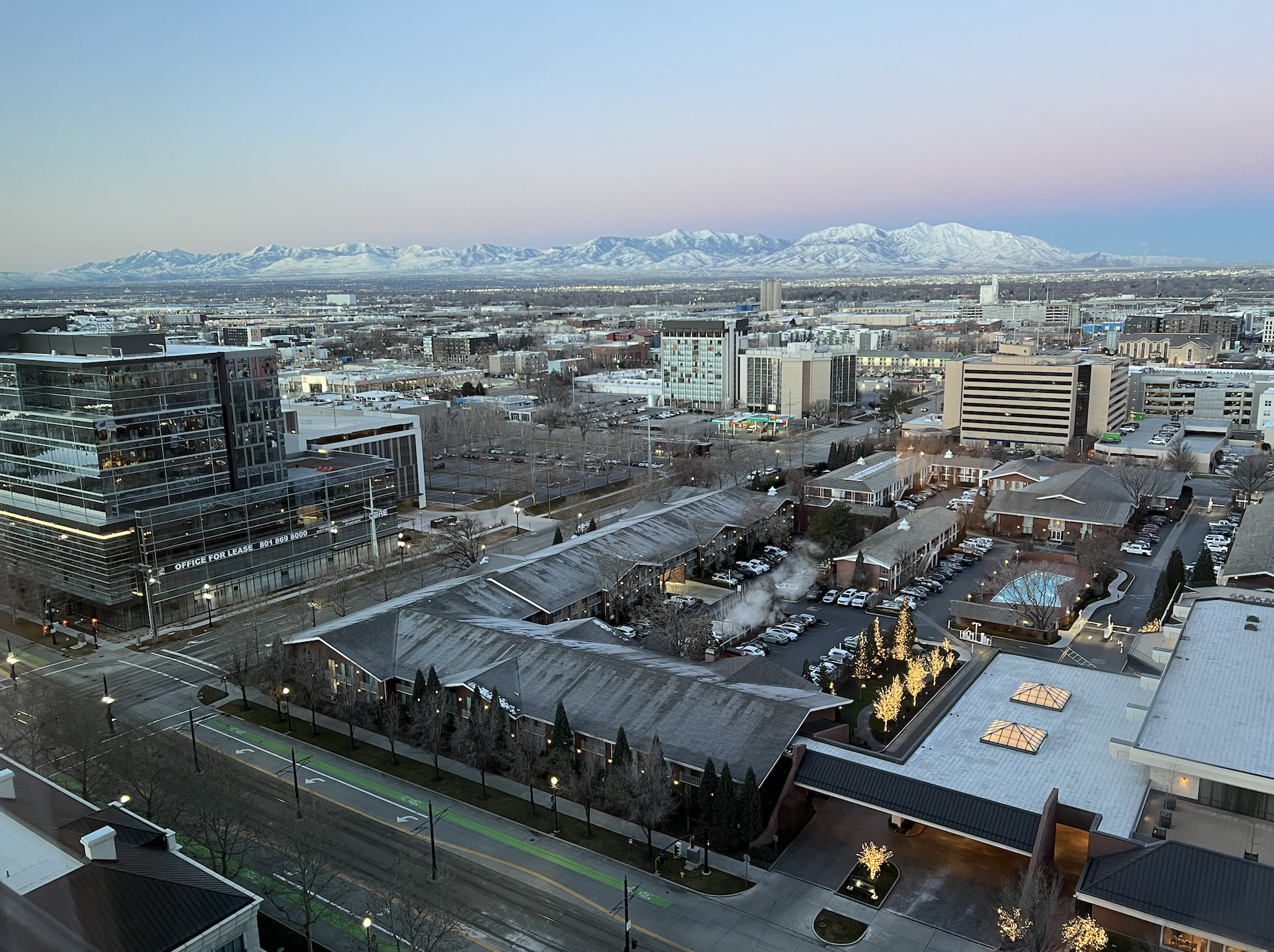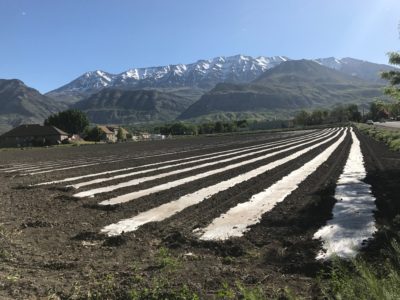My favorite movies are ones in which it’s hard to tell what is real. Ones in which a grand illusion accepted as fact is debunked, or at minimum challenged. When time bends. When alternate dimensions are portrayed as real. “The Matrix” is one that I’ve enjoyed for that reason (blue pill, red pill). “Inception” is another (which layer of dream are we in). “Coherence,” though a little less known, is another (parallel universes). I love the twist that occurs in me. The temporary amplification of “what if, what if” that entertains the notion that reality is a semi-consensual distortion.
Dave Pollard, is one of the people I know that is most able to bend reality with thought. To twist perception. And, I believe he’s genuine in it. Not sensational. He is really wondering. Really daring himself to live as if.
And example of Dave’s twisting is from a recent post, “10 Things That Are Less Complicated Than They Might Seem.” Dave frequently makes distinctions between what is complicated and what is complex. It’s a distinction I often find myself working with in groups. And in this case, Dave takes on the notion of “self” and what if that notion of self is overplayed. A distortion. It’s tricky, right. I can’t quite figure it out, which might be the point. It pushes a few buttons in me. But something in this orientation and ability to debunk, even for a moment, feels attractive and important.
Here’s a sample. Read his full post for further twisting.
Thanks Dave.
Becoming a better person: If you are going to become, in your own judgement and/or the judgement of others, a better person, that will happen despite any volition on “your” part. There is, fortunately, no “you” — what appears to be a separate person with choice and free will is a mirage, a hallucination, a dis-ease, an unfortunate and accidental evolutionary misstep that emerged along with large, underutilized brains. This has nothing to do with predestination or fate. There is an apparent character that “you” think you inhabit and control, but what that character apparently does has nothing to do with “you” — the brain just conveniently rationalizes the character’s apparent actions after the fact in a way that lets “you” believe those actions were “your” choice and decision. So go easy on your self — the character in whose apparent watery bag of organs you believe you reside will do what it will do. You should assume no responsibility, and take no credit or blame for any of it. In fact, “your” presence most likely interferes with the character doing its best. Nothing for “you” to do, really. Easy, huh?

